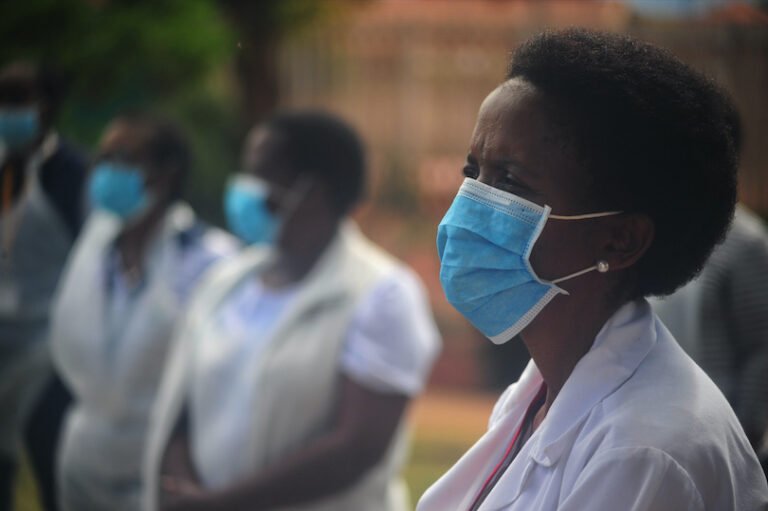Health Policy Research Group, University of Nigeria stretches research into urban health

With an estimated urban population growth rate of 4.3%, Nigeria’s urban population is expected to double by 2050.[1] The notable consequence of the rapid urbanisation that is taking place in the country is the expansion and increase in numbers of informal…

